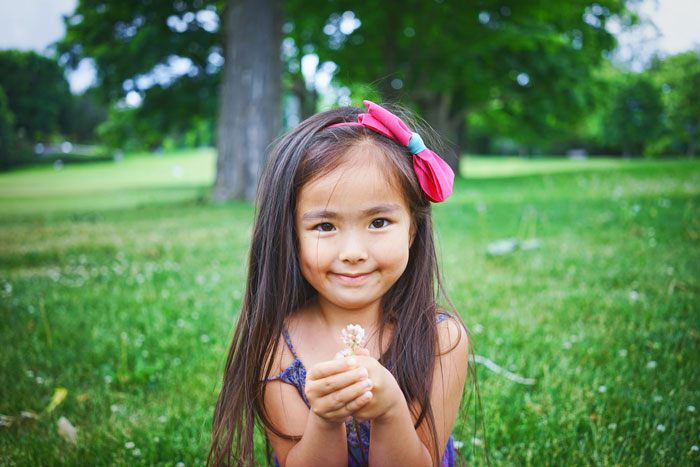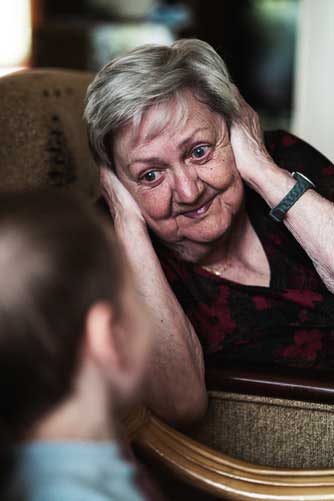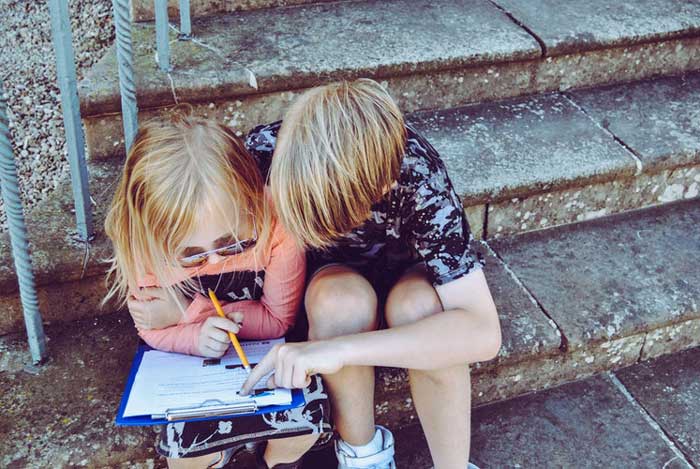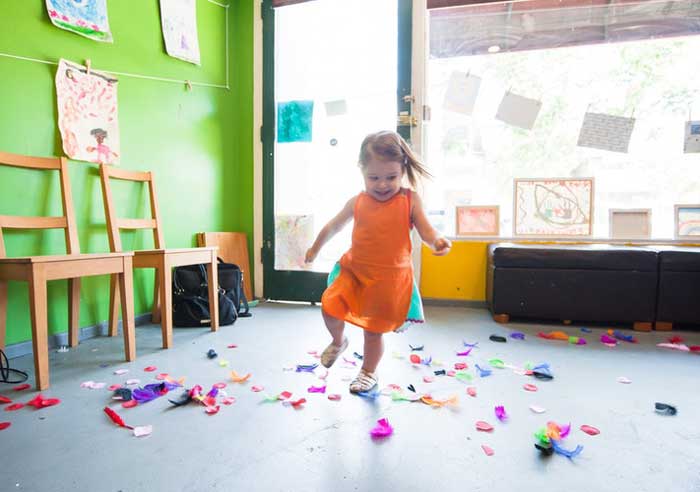Best Habits to Develop in Your Kid
Generally parents comprehend that setting an example of how to behave, respond and speak is far better than admonishing the children by word only. As you teach your kids to develop good social habits you can be sure they learn well if you abide to your own set mode of behavior.
It’s long years before a child stops to take his or her guidance from parents, and if you have begun early on, you can help your children acquire useful habits.
Reading
Reading provides a great developmental value. You can introduce reading at an early stage if you read to your chil(ren) often and/or when they go to bed. By getting them to read you facilitate the development of their language abilities, growth of their vocabulary and invest in successful social communication.
As One World Literacy Foundation avers, plentiful reading assists not only in expanding vocabulary, but also in improving concentration and memory as well as strengthening discipline and raising self-confidence.
As Mark Twain put it, unwillingness to read is the same as inability to read.
Keep to regular bedtime
Every child requires at least 8 hours of quality sleep, and it’s better if they go to bed quite early, at 10 pm the latest. Then they could be up and about early too, beginning their day at about 7 in the morning or a little later.
If they learn to stick to the bedtime routine it can help arrange the day with more precision.
Outdoor time
Children and playing are two inseparable things. Games ought to be active physical ones for about an hour and half, and they had better be played outside, in the fresh air, in the sun, running about with their pals and enjoying freedom of movement.
On the other hand, it’s up to parents and caregivers to see to it that young ones don’t play sedentary games or watch TV for more than an hour. Longer sedentary spells are bad on their eyesight and render them apathetic.
Maintaining a positive attitude
Children are quick to wilt or flare up when they can’t have their way. They need to be able to take the rough with the smooth and take their losses and setbacks with good grace. A positive approach helps them keep self-esteem on the level and ensures them a happier life and a brighter mood when they grow up.
Being wary of strangers
What older kids can understand and keep in mind, kids of 3 to 5 may noy be able to grasp. They are trusting and unaware of dangers, hardly mature for the notions of good or bad.
You will find it hard to instil in them the stranger-danger realization; still, you would do well to bring the subject up and explain it as well as you can. When you are out together, keep them close. Younger kids can be explained about a bad touch and that they must say no when they are touched the wrong way.
If you see that your kid is still hazy about who are called „strangers,“ explain to her who she can turn to for help when necessary – a trusted relative, a teacher, a caregiver (as distinguished from the members of the family).
There are other significant strangers that the child ought to know – local caretakers and security guards – whom the child may approach for help.
Developing respectful attitude
Children are supposed to be respectful to people, no matter if they are older or their peers. Animals also deserve their share of good treatment. A polite interaction will stand them in good stead when they become adults – and mind they watch the way you treat waiters at cafes and restaurants, trash collectors and other servicemen.
The cyber habits of our days often prompt youngsters to shame other people, but a respectful attitude should prevail as a socially acceptable one.
Truthfulness
Being veracious is something that gratifies and astonishes, as Mark Twain said. There is nothing difficult in being honorable, admitting your faults and abiding by your words, opinions and promises. If taught at an early age, truthfulness can be one of your child’s brightest credits in future.
Keep to a healthy diet
Healthy alimentation is a matter of a balanced diet. And a good diet is just a habit that you can teach children from the start. Give them more fresh vegetables and fruit, steer them away from fatty foods and sugary tidbits. And, of course, let them drink still water rather than soda or juice.
Being happy with what you have
It’s so easy to come to envy other kids for what they have, and your children can’t have everything. Speak to your progeny about it, explaining that they should delight in what they have, and there will always be others who have more and those who have less. If they appreciate what they have, they will be more content and at peace with themselves.
Procrastination
When homework and studies begin, start to set your kid into a schedule. As the little one sits down at the homework/school project, draw a deadline. It will do away with the child procrastinating instead of heading for completion.
Staying clean
This is a must for the general health of the child. Taking a shower in the morning, washing hands properly regularly or when it is in order, brushing and flossing teeth – all these actions will go a long way towards keeping the child (and the subsequent adult) in good health.
Working about the house
No matter how young they are, there are chores about the house they can do. Keeping their room in order is one of the first chores to get them engaged, placing books back on the shelf, putting toys into their box, then helping with laying out spoons and plates before dinner. There are many things youngsters can help out with.






